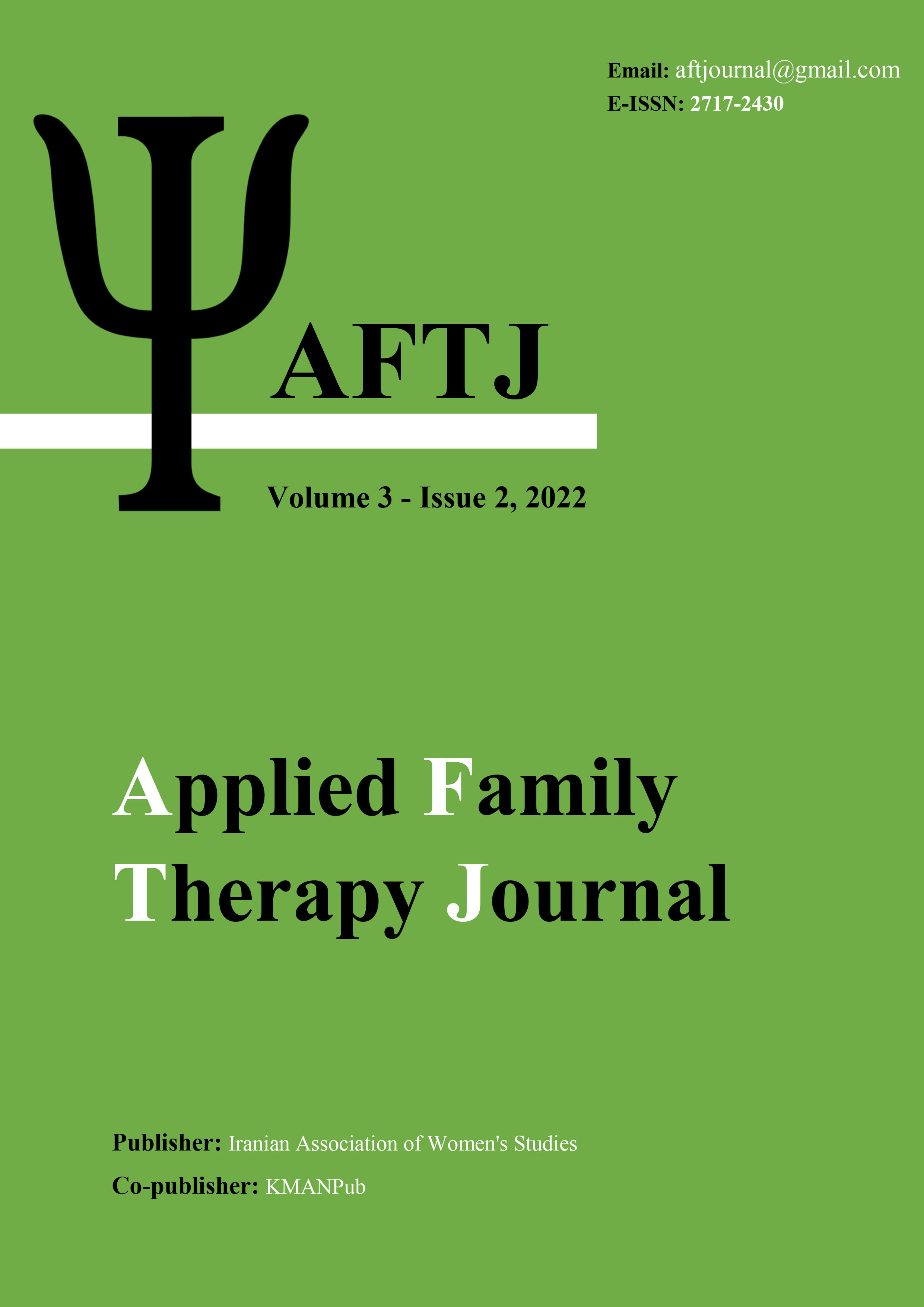Effect of play based on constructivism learning environment on collaborative learning and social development of children
Keywords:
play, Constructive learning environment, Children's social development, Collaborative learningAbstract
Aim: This study aimed to investigate the effect of a game program based on a constructivist learning environment on collaborative learning and social development of children. Method: The current study was a quasi-experimental research using a two-group design with a control group, pre-test, post-test, and follow-up phase. The statistical population of the research included all the children studying in the sixth grade of the elementary school in the 2nd district of Qazvin city in the academic year of 2018-2019 number of 20,450 people, of which 30 people were selected purposefully and randomly divided into two groups of 15 people, experimental and control. Two cooperative learning questionnaires by Johnson et al. (1999) and Elliott's social growth (1990) were used to collect data. For the experimental group, a game based on a constructivist learning environment was implemented, and the control group was waiting. The data were analyzed using the variance of repeated measures. Results: The results showed that the game program based on a constructivist learning environment is effective in cooperative learning (F=32.20, p=0.001) and on the child's social development (F=4.49, P=0.001) in the post-test phase, and this effect was reported in the stable follow-up phase (P = 0.05). Conclusion: The role of group educational games in the process of physical and mental-psychological development of children is undeniable; enjoyable education is an approach in which children play and learning takes place with enjoyable activities. This research also showed that education based on a constructivist learning environment can increase cooperative learning and social development of children with a pleasant and enjoyable process.
Downloads
Downloads
Published
Issue
Section
License

This work is licensed under a Creative Commons Attribution-NonCommercial 4.0 International License.





















